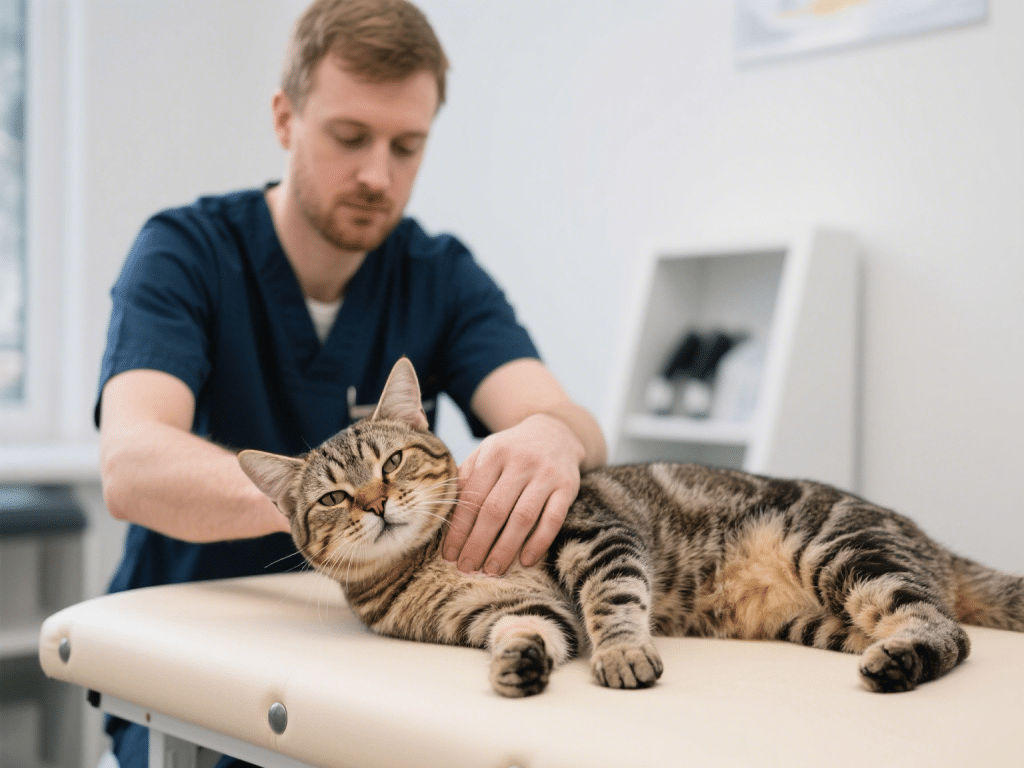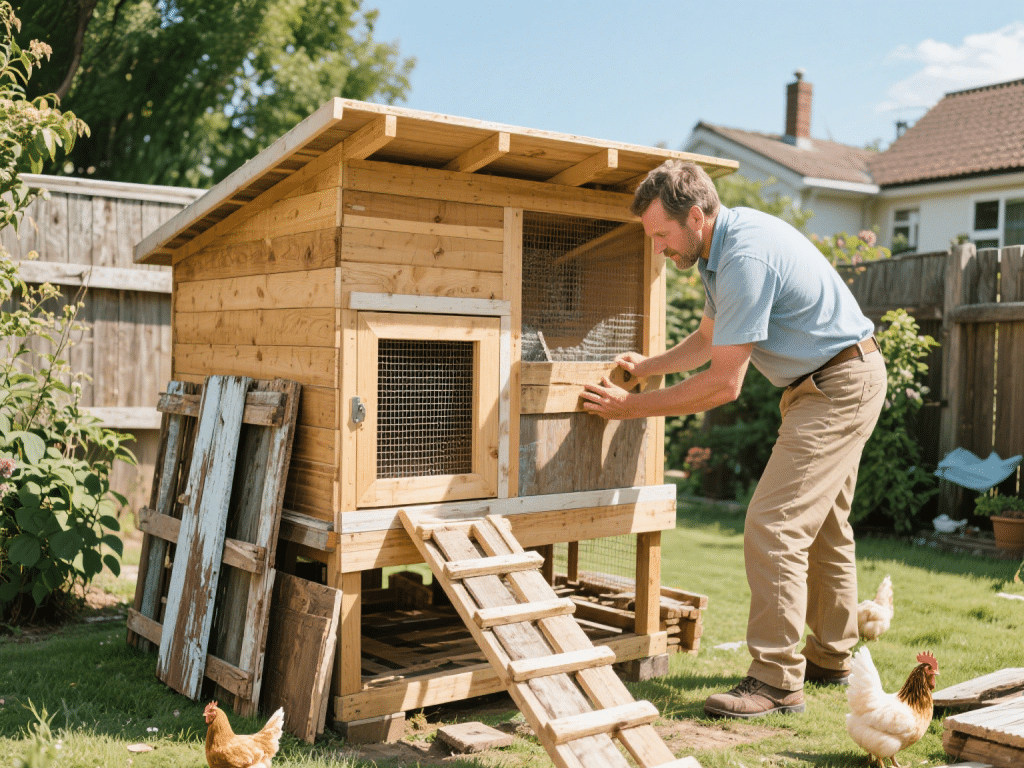Preventing Urinary Stones in Male Rabbits: Dietary & Husbandry Best Practices

Urinary calculi—bladder stones—are a common issue in male rabbits, causing straining, hematuria, and potentially life-threatening blockages⁶. Excess dietary calcium and inadequate hydration are principal factors. As an exotic-pet veterinarian with 15 years treating lagomorphs, I’ve seen how targeted diet and husbandry modifications can minimize stone formation and enhance quality of life.
Why Male Rabbits Are Prone
Male rabbits concentrate urinary calcium as they age; their smaller urethras increase obstruction risk. Even routine diets high in calcium can overwhelm renal clearance.
1. Optimal Dietary Calcium Control
Grass Hay Only: Provide unrestricted timothy or orchard grass hay, which has balanced calcium (~1.2%) and promotes gut motility.
Limited Pellets: Offer 1 tablespoon of timothy-based pellets per 5 lbs body weight daily—pellets often have 2–3% calcium.
Low-Calcium Veggies: Rotate leafy greens with lower calcium levels, such as romaine lettuce (<100 mg Ca/100g) instead of kale or spinach (>200 mg Ca/100g).
2. Encourage Adequate Hydration
Fresh Water Availability: Replace daily; consider multiple bowls to encourage drinking.
Wet Greens Inclusion: Offer occasional water-rich vegetables like cucumber or celery.
Water Bottle Plus Bowl: Some rabbits prefer lapping from a bowl—provide both.
3. Routine Urinary Monitoring
Monthly Checks: Observe litter box for grit or blood; presence of white gritty sediment signals supersaturation.
Biannual Vet Exams: Palpate bladder for stones; perform radiographs if sediment persists.
4. Environmental Enrichment
Encourage Movement: Provide daily floor time and tunnels to stimulate exercise, which supports renal function.
Chew Toys: Sustain dental wear and reduce stress, as stress hormones can influence urinary pH.
5. Alkalinity and pH Management
Avoid High-Alkaline Foods: Limit pellets with alfalfa or high-protein treats—these raise urine pH and calcium precipitation.
Monitor pH Strips: Test urine pH at home—it should range 8.0–9.0. Deviations warrant diet adjustment.
Case Example: “BunBun”
BunBun, a 4-year-old neutered male, presented with hematuria and straining. Radiographs showed multiple small bladder stones. After switching to grass hay, reducing pellets by 50%, and increasing water intake via flavored hydration gels, follow-up radiographs at three months showed complete dissolution of calculi.
When Stones Require Surgery
Large, obstructive stones or complete urethral blockages necessitate surgical intervention—cystotomy to remove bladder stones or urethrotomy for distal obstructions. Prevention remains paramount to avoid anesthesia risks.
Conclusion
Male rabbits’ predisposition to urinary stones can be effectively managed through precise dietary control, hydration promotion, and regular monitoring. By prioritizing low-calcium hay, minimal pellets, and enriched environments, you’ll help your rabbit maintain crystal-free, healthy urinary tracts. Proactive care today prevents painful blockages tomorrow.









Comments on "Preventing Urinary Stones in Male Rabbits: Dietary & Husbandry Best Practices" :